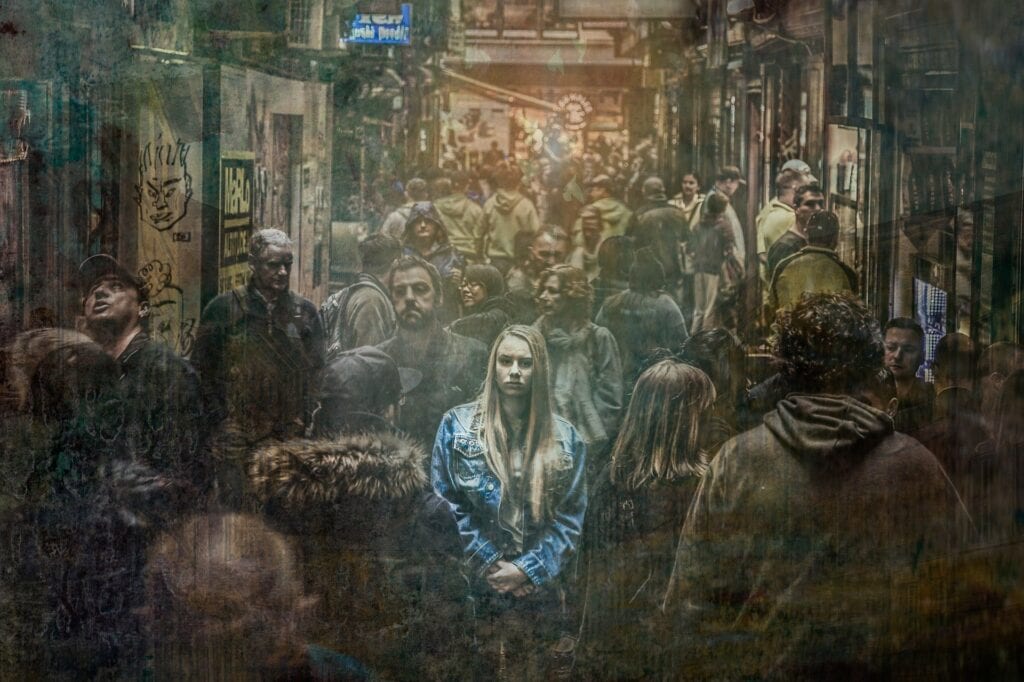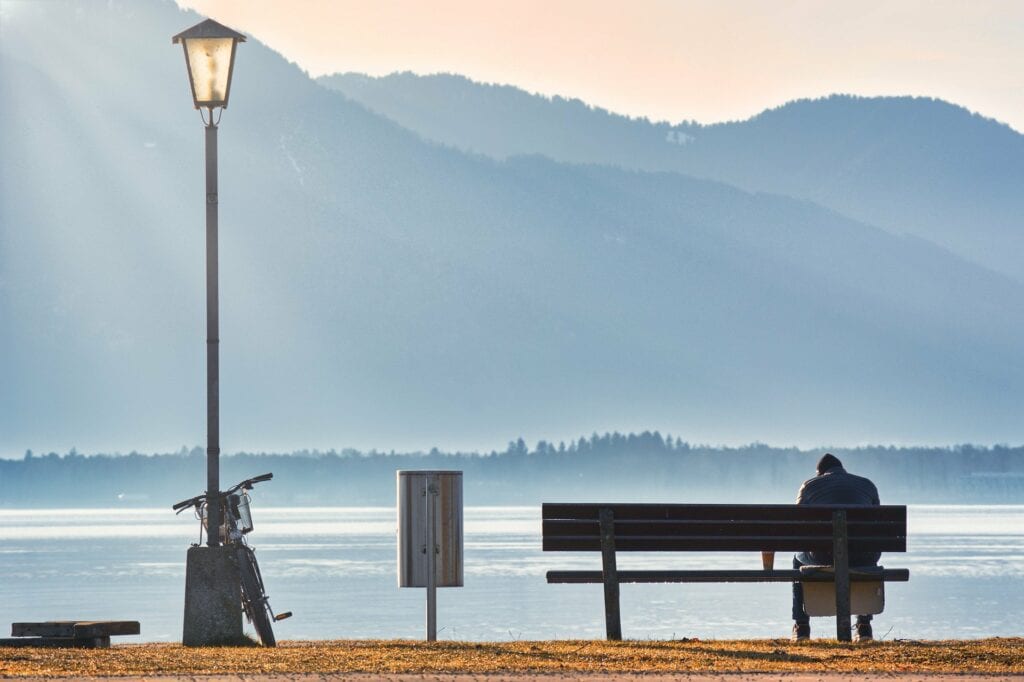Technology gave us great power. Not only the power of knowledge, or having the world at a click of a button, but also the power to make lifestyle choices.
Digital nomads are people who used the power of technology to pursue freedom and experience. They are people who chose to be location independent; working online while travelling around the world.
Digital nomadism has been on the rise in the last decade. It’s described as “The dream of every millennial” which is, to gather experiences and experience novelty; instead of the gathering wealth and material possessions, as was the common practice among the previous generation.
To many digital nomads, the words “settling down” gives a feeling of confinement; sometimes as if you are talking about a prison. For someone who has been on the road for long, committing to one location might seem daunting.
Many digital nomads said that they feared “The routine”. Afterall, they chose this lifestyle of nomadism to escape this horrible monster, that has the power to paint their everyday life in the same color.
Others feel that settling down could be a synonym to “stagnation”. Travel and experience mean constant change, which means you constantly have to grow, adapt and learn. But finding a house, living in one city and starting a family can mean that your daily life may become somewhat stagnant.
But does that mean that digital nomads never settle down?
Why would they? They are living the life!
Well, you are kind of wrong here. Let’s take a step back and ask some important questions.

Why would a digital nomad settle down?
There are so many elements of the digital nomad life that might prompt the thought (or action) of settling down. Not all nomads experience these; and definitely, those who do, don’t experience them in the same intensity.
While the life of digital nomads celebrate freedom and is full of experience, novelty and growth; there is a price to pay for all of that.
Change and adaptation
On the one hand, there is the constant change of environments and time zones. Many digital nomads need an adjustment period every time they move to a new place. That can be up to 27 times a year in some cases.
Burn out
On the other hand, there is the burn out that can take a toll on your health and psychological wellbeing. The burn out from packing, unpacking, being constantly of the move, visiting, seeing and experiencing.
There is also the burnout of having to self-discipline and motivate yourself when everything around you might be screaming, HOLIDAY!

Lack of connection/loneliness
The biggest problem nomads face on their journey is the lack of deep connections.
Your existing relationships might be affected greatly by your digital nomad status. You will probably miss a lot with your already established friends. You may try to be there for each other, for big and small events in their lives and in yours, however, being there sometimes require actually being there.
After a (long) while, your friends and family who don’t subscribe to the same lifestyle, may lack the understanding of what you go through from day to day. In these cases, you may find the company and the understanding in other digital nomads.
However, relationships need time to develop, scientifically the lowest average is 1 month. This means that maybe, by the time you settle in a new destination and find balance between your work and sightseeing, it might be too late to invest in a connection, because soon, you will be on your way anyway.
Many Digital nomads complain about the lack of experiencing relationships with emotional depth. This depth is most commonly formed through shared moments and experiences, which might prove difficult (not impossible) in a lifestyle where many things are temporary.

Lack of stability
Stability is a matter of character. It can be good to some people, and can be boring to death to others. While essentially, stability, otherwise represented in routine, is what digital nomads want to distance themselves from. Sometimes, the soul needs what it needs.
While stability can be seen as a manifestation of a life of boredom, it provides a sense of security to the mind and soul. Some people need stability and predictability, at least in certain aspects of their life in order to feel safe.
How do digital nomads settle down?
Many digital nomads who settled down reported that they don’t really settle down; they just move at a slower pace.
Travelling as a digital nomad will probably have given you an idea of where you would want to settle down (if ever). Ideally, a place where you feel both, productive and fulfilled.
Most nomads also choose a place where the money they make online would be worthwhile; set up a home office there and settle down.

Where do digital nomads settle down?
Generally, when choosing a place to settle down, it’s better if you have experienced living there on your nomad journey.
Digital nomads care about affordability, weather and internet quality. It is an added advantage if the city has many remote workers who you can connect with for a sense of community.
Among the cities/countries that cover several of these criteria, according to digital nomads, are Mexico City, Berlin, Taipei, Bali, Portugal and some areas in Spain.

It’s important to remember that there is no right or wrong when it comes to making decisions about your life. The only thing you need to consider when deciding to settle down or not, is if this decision helps you or makes you happier and calmer.
Also, no choice is permanent, you can try something and when it stops working for you, you can change it.
Would you consider settling down? Where?












